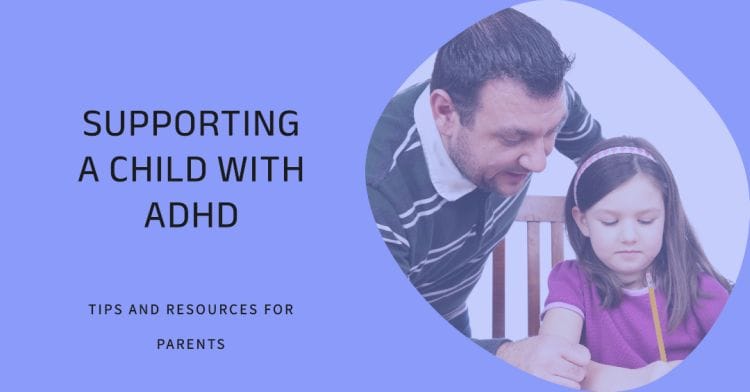Why Do ADHD-Diagnosed Children Lie?
Strategies for Addressing Lying Behavior in ADHD Children
It’s tempting to yell at your child when you know they are lying to you. We suggest some calmer strategies:
[list icon=”chevron-sign-right”]Try to understand the root of the lying. [/list]
If you can understand why your child lies (processing and communication issues, zoning out, or to cover up shame or embarrassment), it will be easier to address the behavior in future situations. Remind your child that he doesn’t need to know the answers to everything and it is okay to say “I don’t remember” or “I don’t know” or “I wasn’t paying attention and missed that part.”
[list icon=”chevron-sign-right”]Is your child lying because of embarrassment?[/list]
Remind him that we all make mistakes, but it is better to be honest than to try to cover it up. Ensuring that you do not criticize your child for failure can help to prevent lying out of shame or embarrassment.
[list icon=”chevron-sign-right”]Always confront a lie[/list]
If you suspect your child is lying, address the lie immediately and be consistent in applying consequences. Say calmly, “Something about this doesn’t seem right to me. Are you sure that’s what happened?”
[list icon=”chevron-sign-right”]Don’t assume your child is lying. [/list]
If your child feels that you will never believe her, she may have no incentive to be honest. If she tells you there is no homework when she always has homework in that class, rather than assume she’s lying, you could have her call a friend or check the school website to make sure she has the correct information.
[list icon=”chevron-sign-right”]Use consequences and rewards. [/list]
If your child consistently lies about homework assignments, use a logical and consistent consequence to address the issue (such as losing video game time). Over time, he will learn that lying does not lead to positive results. However, it is very important to also offer praise or some other form of reward when your child is honest with you. This is essential, as research suggests that behavioral change is more likely to occur as a result of reward than consequence.

